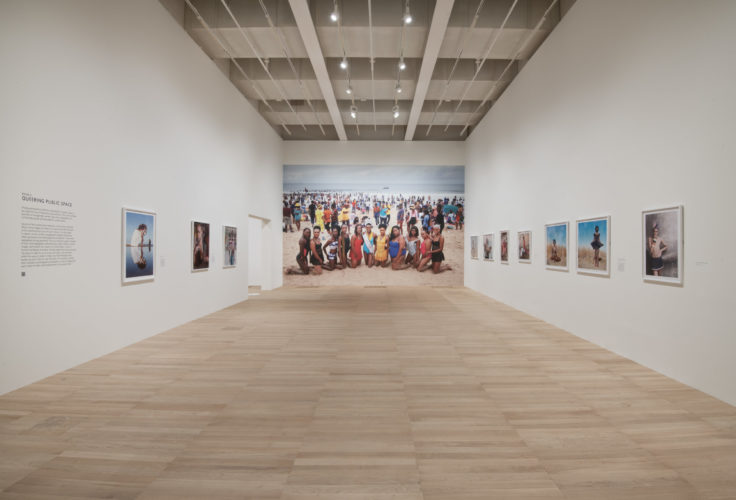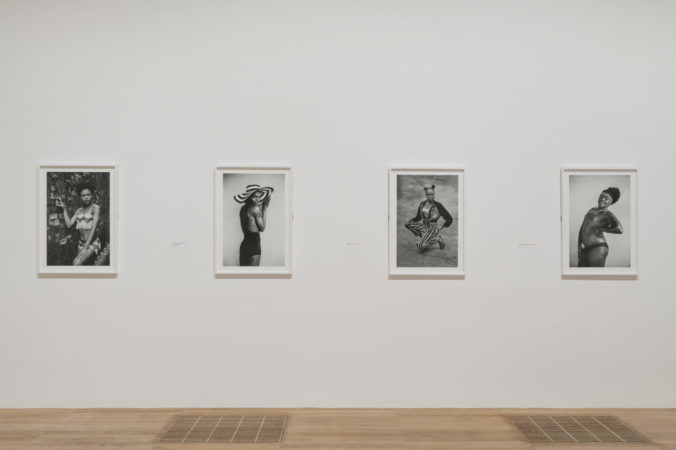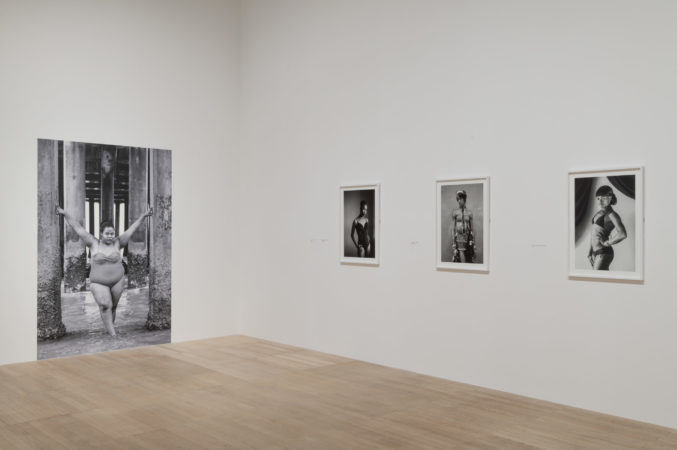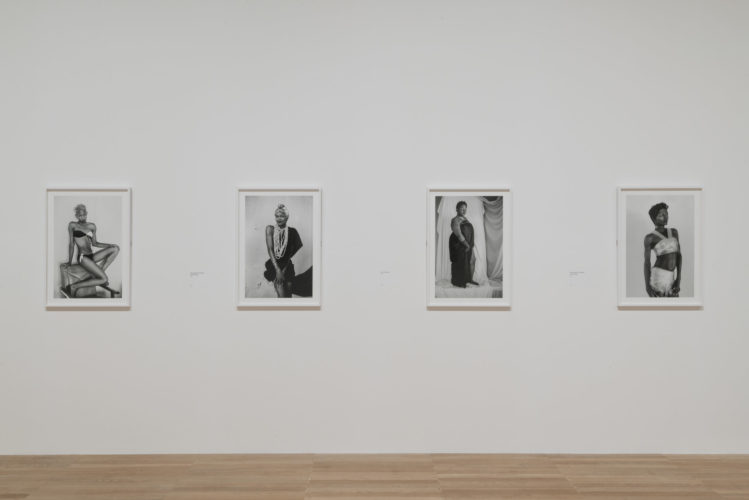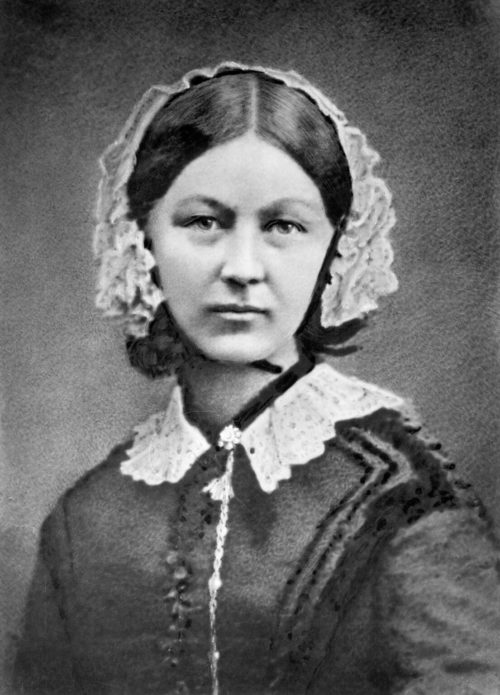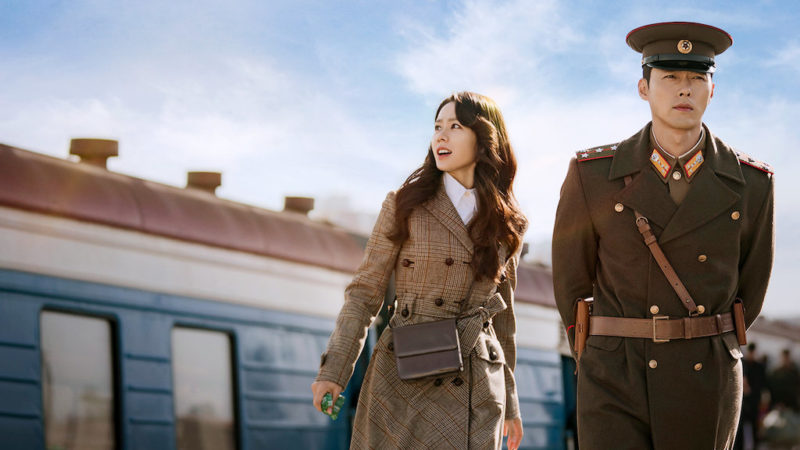Gay Pride
June traditionally is the month to celebrate Gay pride but with parts of the world still ravaged by COVID, these celebrations have had to be put on hold for yet another year. So, events which celebrate queer voices have been forced to become smaller and more intimate. But despite these restrictions, these smaller events still resonate with an unexpected power. Two shows this spring in London have highlighted the importance of queer stories, Tate Modern’s show devoted to the work of South African lesbian photographer Zanele Muholi and black British playwright Charles Entsie’s powerful new play, No Strings Attached. Taken together they create stunning new narratives documenting Black LGBTQAI+ lives.
The Ground Breaking Work of Zanele Muholi
Tate Modern’s mammoth show celebrating the work of South African queer photographer Zanele Muholi has been a triumph. Occupying several rooms in London’s largest and most celebrated art gallery, Muholi’s work is a testament to the resilience of South Africa’s black queer community. A community which has had to fight for its very existence in the face of an often deeply conservative and homophobic culture. This hostility is highlighted in the first room in this exhibit with harrowing photos taken from Muholi’s early work, dating back to 2002 and titled Half the Picture, and in it we see photographs of survivors of hate crimes.
Although South Africa was the first country in the world to enshrine the rights of its gay community in the country’s constitution, some though there have clung to traditional beliefs and as a result South Africa has witnessed numerous attacks on the LGBTQIA+ community from those who see same sex relationships as being unAfrican. In this section we see photos of women who bear machete scars from violent attacks, or the faces of victims of “corrective rape” a term used by some African men to mean a rape committed to “correct a woman’s behaviour”.
Challenging Patriarchy
These crimes are well documented in these photos alongside those which illustrate the resilience of the community itself. A resilience you see in a series of beautiful portraits of same sex couples. Photographed in their private spaces which allow them to show the love they bear for each other. These photos set out to challenge the traditional white male patriarchal gaze, which often objectifies women (particularly black women) and sees heterosexuality as the norm.
Muholi’s work replaces this prevailing view with one which is inclusive, sensitive and above all feminine. Muholi states “Since slavery and colonialism, images of us, African women have been used to reproduce heterosexuality and white patriarchy and …, it is difficult to visualise ourselves as we actually are in our respective community.” She goes on to state “we’re queering the space in order for us to access the space. We transition within the space in order to make sure that black Trans bodies are part of this as well.”
Brave Beauties shot from 2014 onwards consist of a series of portraits of Trans women, gender non-conforming and non-binary. Many of the women photographed are also beauty pageant contestants. They enter these pageants in order to change the mind set of those present. Those who are often happy to persecute trans-women. So, these images challenge transphobic stereotypes and stigmas.
Muholi also works collectively with a large number of collaborators who are members of their collective, Iankanyiso. Which means “light” in isiZulu, Muholi’s first language. Mentorship and skill sharing is a corner stone of Muholi’s work.
To this end the exhibition programme includes testimony from trans-activists whose photos appear in the exhibition. They include Zenzi Zungu a self-identifying Trans man who despite many obstacles is now an apostle at Victory Ministries Church International a gay friendly church where everyone is free to worship God as they wish. Zenzi Zungu, encourages members of the LGBTQIA+ community to come to church citing their biggest joy has been in seeing “people settle down, build families, get married, adopt children and gain the respect of the community.” They sight as their biggest dream to own a permanent place of worship where those exiled by the greater community can come and stay until “they can stand on their own.”
The final room in this stunning show is called “Somnyama Ngonyama” and it consists of a series of self-portraits of Muholi themselves, where they turn the camera on themselves. These portraits are processed using a special technique which allows Muholi to heighten the contrast between light and dark and produce photos which accentuates rather than reduces their black skin tones. A way again of reclaiming the “gaze” for themselves.
Black gay men fighting for a place
Across town at the King’s Head new pop-up theatre saw the premier of Charles Entsie’s blistering new play No Strings Attached. Originally written for a writing competition the play looks at the encounter of a sexually repressed, middle age black business man, and a man who has spent his entire life hiding his true sexuality. He hires a young black male prostitute for a night of transactional sex.
The date though goes awry when the two begin to talk and issues of race and class erupt to the surface. The play asks the question which is how much space is there for any black man in a multiracial but white dominated society to manoeuvre let alone thrive. And how many compromises must be made along the way to simply survive. Entsie brilliantly captures the older black man’s weariness of having to keep his head down at work and not appear too threatening to his white colleagues in order to navigate a hostile world where he is already marginalised while hiding his true sexuality.
The character of the boy (both characters remain nameless throughout the play) who in many ways has to face the same challenges, but over the course of the evening he slowly realises that despite this, his life is still worth so much more than a series of transactional, anonymous sexual encounters.
Enstie says of his play that he wrote “No Strings Attached” because of the lack of interesting, well rounded roles available for black actors he states “when I started out as an actor, it was difficult to find pieces that depicted the atmosphere I grew up in. This was the springboard for me deciding to write. I think for a long-time people from minority communities have felt the same way. Our stories, if they were ever told, also tended to be stereotypical depictions of us. I’m starting to notice progress in terms of specificity. More would be great.”
Actors Shak Benjamin and Razak Osman give blistering performances and Aileen Gonslaves, directs this haunting production with both precision and empathy for both characters. No Strings Attached not only tells a fascinating black queer story but also simply offers a portrait of Black British life which is rarely seen on stage. Its run is a highlight of the summer so far.
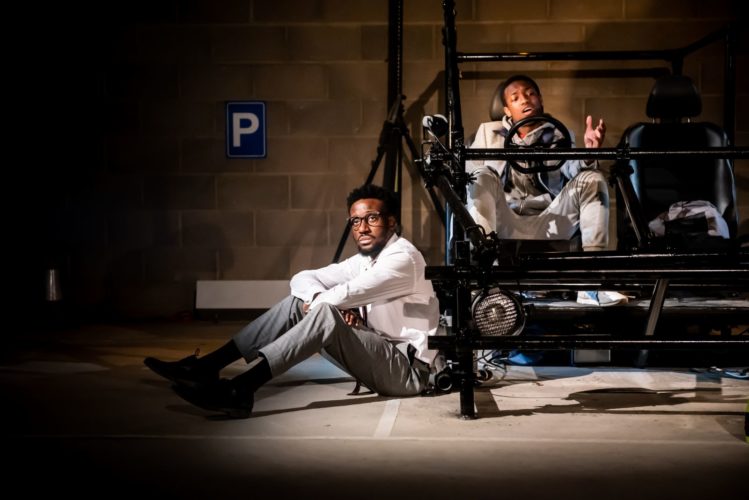 ©Lidia Crisafulli | From left to right: Razak Osman & Shak Benjamin
©Lidia Crisafulli | From left to right: Razak Osman & Shak Benjamin
Ultimately No Strings Attached and Zanele Muholi’s exhibition give a glimpse of black queer life which is both exhilarating and welcomed. And perhaps a reminder of a quote of Charles Entsie’s in response to the question: which was what would he like audiences to take away from his play, he responded by saying simply. “Just try to live without inhibition.”
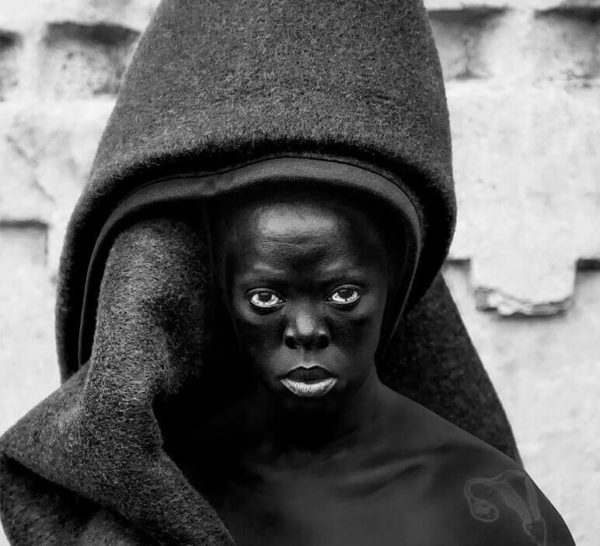
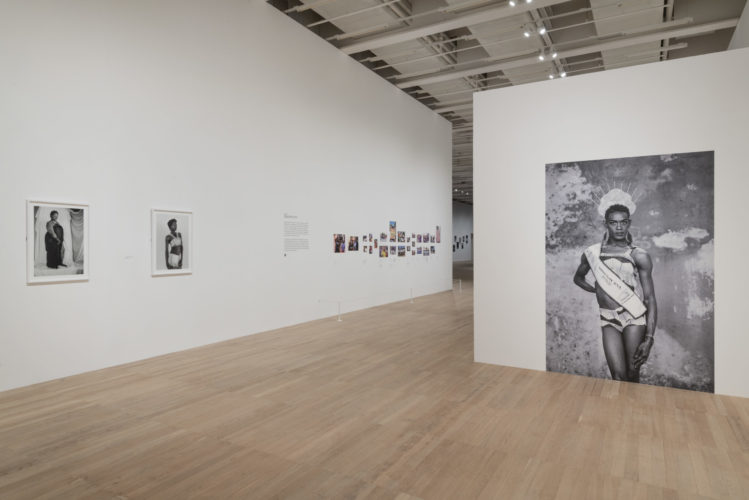
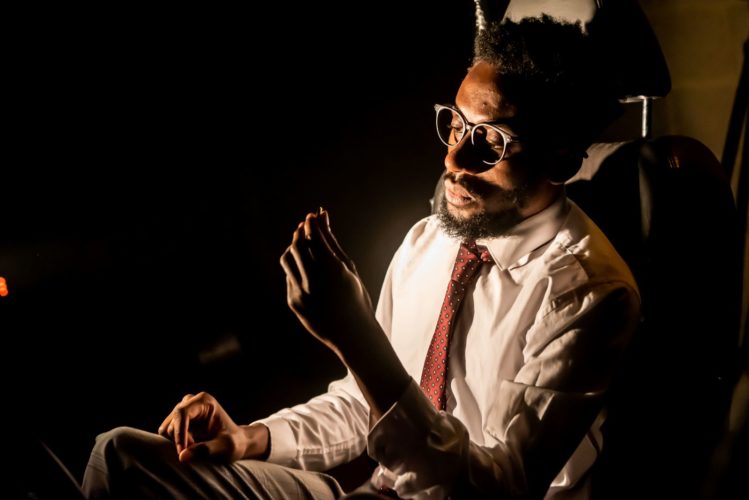 No Strings Attached with Razak Osman |
No Strings Attached with Razak Osman | 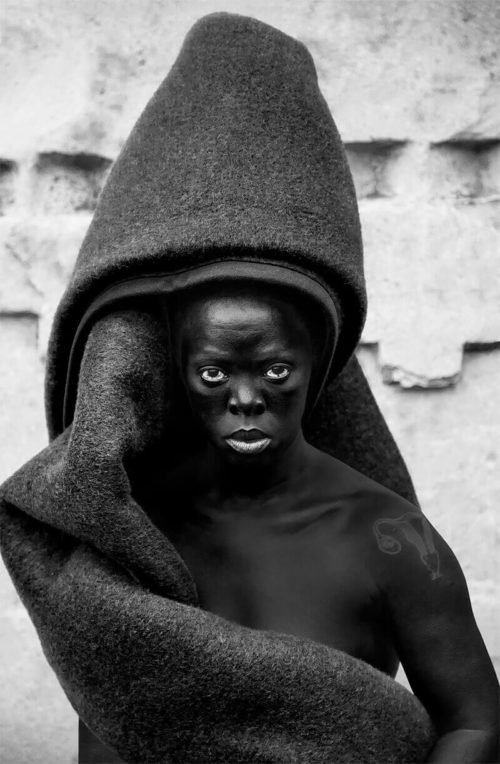 Zanele Muholi
Zanele Muholi